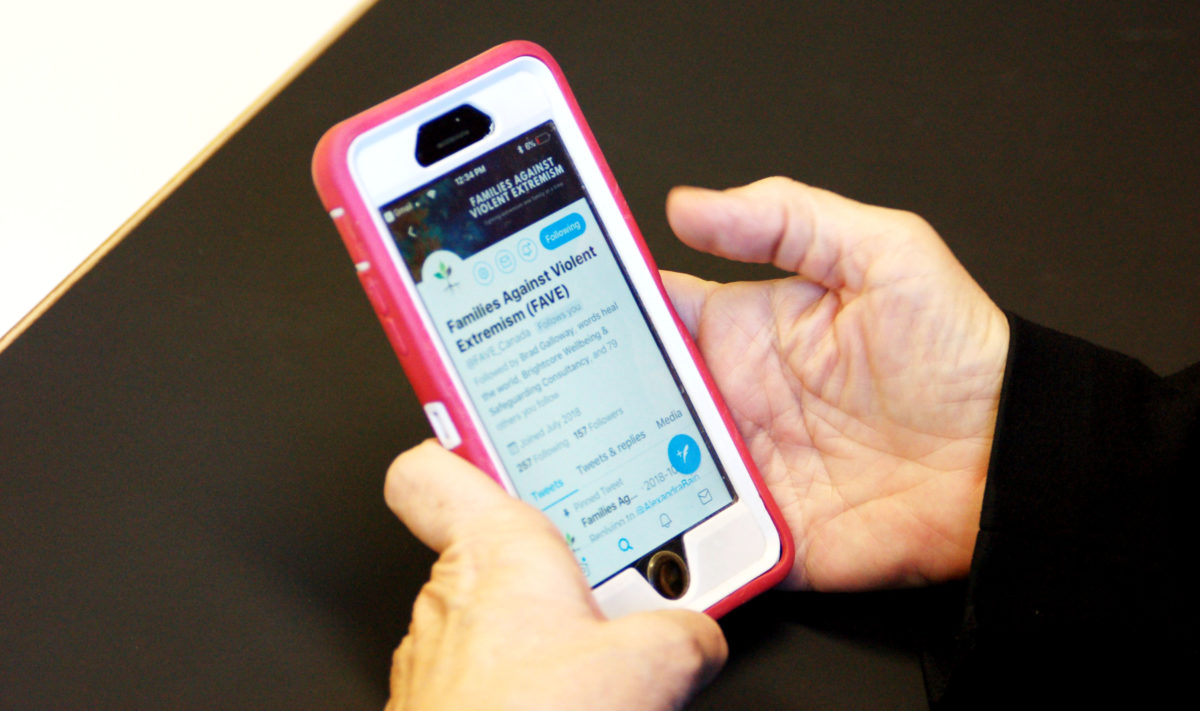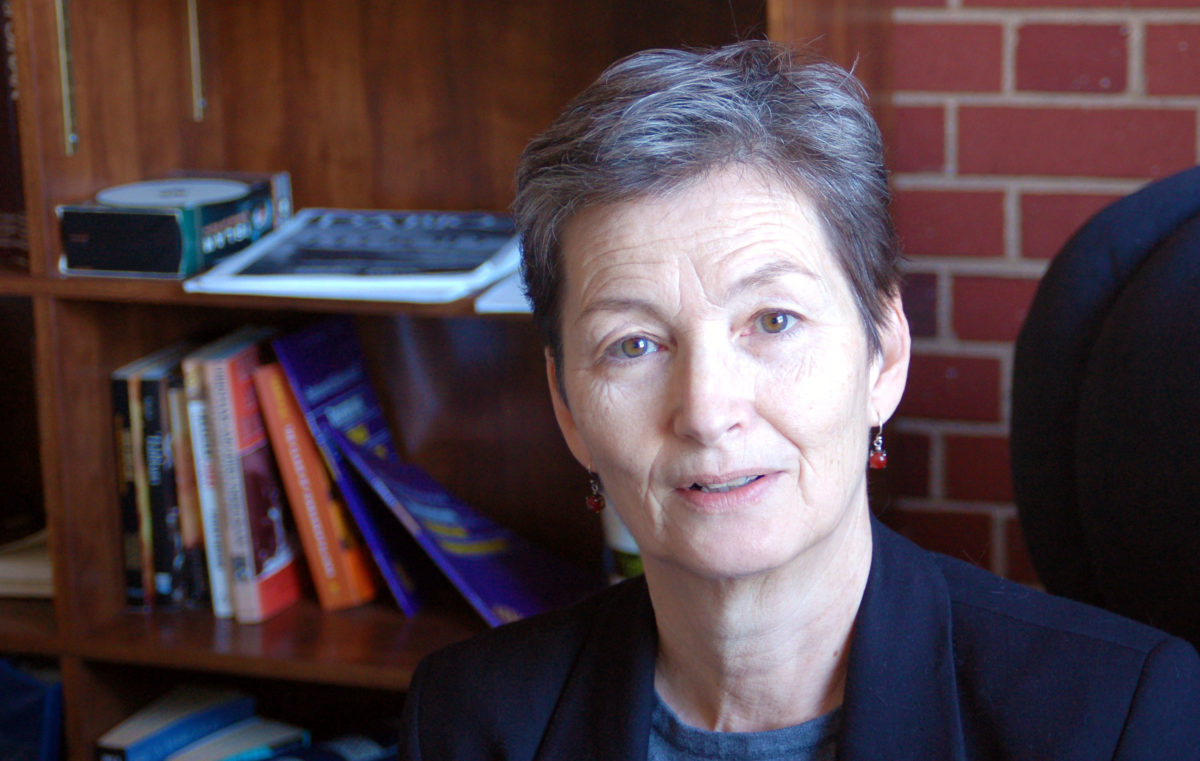A St. Thomas University religious studies professor is working to repatriate several Canadian adults and children that have been detained by Kurdish authorities in Northern Syria.
Islamic studies professor Alexandra Bain founded a not-for-profit organization called Families Against Violent Extremism (FAVE) on July 30. The organization is composed of volunteers working to help families whose loved ones have been affected by, or have joined groups of a violent extremist nature.
“We are the only organization who is representing the families of young Canadians who made the most unfortunate choice to go over to Syria during the conflict,” said Bain.
FAVE was contacted by nine Canadian families who have relatives detained in Northern Syria. It was originally reported by news outlets that there were nine adults and seven children and infants being held. However, Bain said that number has increased to at least two more Canadians and several more children.
‘They were horribly, horribly disappointed’
Men are being held in prisons, while women and children are being held in prison camps. Several cases of tuberculosis have popped up, the weather is freezing and detainees are kept in tents with no access to fresh food, milk or diapers.
“Some groups of foreign detainees have been returned to ISIS in swaps for Kurdish fighters. ISIS executed even the women detainees,” Bain said in an email.
“The Kurds are considering handing the detainees over to [Bashar al-Assad, the president of Syria] – also likely to kill them – as is the Iraqi government.”
Those detained have different reasons for why they ended up in Syria.
According to Bain, some went to make hijrah, an Islamic concept meaning to migrate or withdraw.
“Some of these young people understood what they were doing, as making hijrah fleeing the oppression of the West, as they see it, and finding safety in Islamic lands.”
The Islamic State actively tried to bring people to Syria, advertising free rent, food stamps, free medical care and more.
“Some of the people left the West looking to start a new life in what they understood to be a utopian state. And they were horribly, horribly disappointed,” Bain said.
Once people realized what was really happening and tried to leave, they were threatened with the death penalty if caught.
But that’s not the case for all of the detainees.
“Other men are frankly ready to admit that they joined and were active members of the military wing of the Islamic State,” said Bain.

The role of the government
Bain went to Parliament Hill on Oct. 30 with John Letts, the father of Jack Letts, one of the British-Canadian male detainees.
On behalf of FAVE, the not-for-profit organization Reprieve and the families of the detainees, Bain asked the Canadian government to repatriate the citizens by providing them emergency travel documentation and ensuring they can fly back to Canada.
According to Bain, The Canadian Charter of Rights and the United Nations special rapporteur say Canada has a duty to bring these Canadians home.
During a press conference, Bain said FAVE wants the adults to be investigated by Canada’s security services once they return home, to determine whether they’re a threat. However, Bain said there’s a lack of evidence that the detainees pose a danger to the public.
Bain wonders if the government is concerned about next year’s federal election and that’s why they haven’t made a move.
“I would not like to think the Liberals would put votes ahead of the well-being of Canadian kids simply because they are afraid of a political backlash,” Bain said in an email.
“As Mr. Trudeau has said, ‘A Canadian is a Canadian.’ These people are all Canadians and they need to be returned home.”
Since the press conference in Ottawa, FAVE has heard little from the Canadian government, but it has received requests from European Union families, whose members are detained in Syria, to assist them as well.
‘This could happen to anyone’s family’
Bain has witnessed the toll violent extremism takes on families – including her own. A young jihadist extended family member of Bain’s was killed in 2004 in Chechnya, Russia.
“I stay in close contact with his family because it’s basically my own family … I have seen it first hand, the damage [violent extremism] has done and it continues to do, through generations,” said Bain.
She wants people to understand this could happen to anyone.
“I think the most important thing is for everyone to understand is this could happen in anyone’s family. This is a problem with the failure of our own society. Each one of those kids went because they were so horribly disappointed in their own lives,” Bain said.
“The way out of it is by repairing families [and] strengthening them.”

